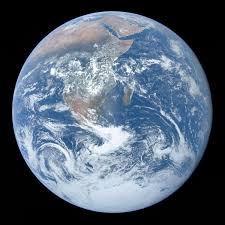Rare Earth Hypothesis:

New insights from exoplanet studies revive and reshape the debate over the Rare Earth Hypothesis.
- The Rare Earth hypothesis posits that the emergence of complex life on planets outside Earth is highly unlikely due to a unique combination of specific conditions required for such life to thrive.
- Proposed by paleontologist Peter Ward and astronomer Donald Brownlee in 2000, the hypothesis suggests that while microbial life may be abundant throughout the universe, the prerequisites for complex organisms are exceedingly rare.
- Key factors influencing the probability of complex life include the planet’s location within its galaxy, the type and distance of its star, geological characteristics like size and tectonic activity, and the presence of a large moon.
- This perspective contrasts sharply with the principle of mediocrity, which suggests that Earth is just one of many planets capable of supporting complex life.
- The Rare Earth hypothesis provides insight into the Fermi paradox—highlighting why, despite the vastness of the universe, intelligent life has yet to make contact with humanity.
- By analyzing the requirements for both astronomical and biological conditions, the hypothesis concludes that the chance of finding another planet with complex life is minimal.
- If validated, this view could reposition Earth from being a typical planet to one characterized as extraordinarily special in the context of the universe.




